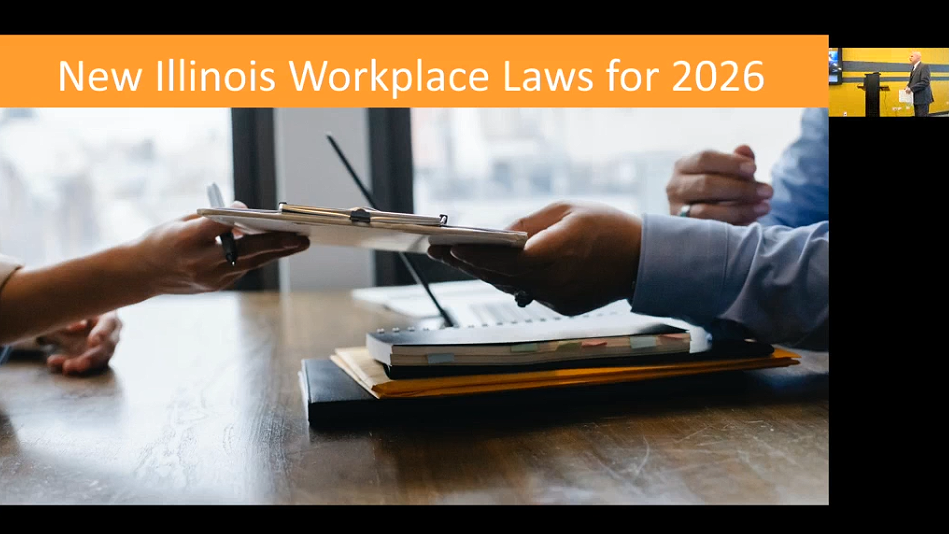Illinois to Legalize Recreational Marijuana Use
On May 31, the Illinois state legislature voted to pass the Cannabis Regulation and Tax Act, which will legalize the recreational use of marijuana in the state by individuals 21 years old or older. With Governor Pritzker having made several public statements promising to sign the bill into law, it seems as though the law will take effect January 1, 2020. Illinois will be the eleventh state to legalize the recreational use of marijuana, and the first one to do so by legislation rather than public referendum. Though the use of marijuana without a medical license will be permissible by law, there are several regulations imposed by the bill of which anyone choosing to partake in recreational use should be aware.
Certain Actions Still Prohibited
The new bill does place limits on the amount of various cannabis products an individual may possess. Specifically an individual may not possess more than thirty grams of raw cannabis, five grams of cannabis concentrate, and cannabis-infused products containing up to five hundred milligrams of THC. To better understand these amounts, various sources indicate the average usage for recreational users is one-third of a gram of raw cannabis and ten milligrams for a THC infused product, though professionally prepared and prepackaged infused products range between five milligrams and one hundred milligrams per serving. It is important to note that the amendments to the criminal code in the Act do not affect the unlawful use of cannabis-based product manufacturing equipment in an individual capacity. This means that individual users risk prosecution if they manufacture either cannabis concentrate or cannabis-infused products from a supply of marijuana acquired under the Act.
Definite violations of the act include driving under the influence of cannabis, consumption on school grounds, in a public place or “close physical proximity” to somebody under the age of 21, or anywhere tobacco smoking is prohibited under the Smoke Free Illinois Act. There is an exception to the public consumption restriction for dispensaries that elect, with permission of local government, to operate a smoking lounge on their premises. Cannabis may be transported in a vehicle only if it is placed in a “sealed, odor-proof, child-resistant, tamper-evident cannabis container” and is “reasonably inaccessible”. Employers may also impose reasonable policies regarding use of marijuana while working which are similar to other substance restrictions such as alcohol.
Expungement of Minor Offenses
In addition to legalizing the recreational use of cannabis going forward, the bill requires the automatic expungement of certain past minor offenses from official records. Offenses will only be expunged if they involved less than 30 grams of raw cannabis and are more than one year old, and if, following the arrest, either no charges were filed or charges were filed but were later dismissed, vacated, or did not result in a conviction. Under the Act, expungements of all offenses having occurred between January 1, 2013 and January 1, 2020 must be completed by 2021, and all other expungements must be completed by 2025. While not all marijuana related offenses qualify for automatic expungement, the Act does authorize the governor to pardon unqualified minor possession offenses, and violators of more serious crimes may be eligible to have their records expunged by a circuit court judge.
Dispensary Licensing
Existing Illinois-licensed medical cannabis dispensaries, of which there are currently 55, may apply for early approval to dispense marijuana for recreational use as early as January 1. Additionally, the Act will allow these dispensaries to apply for secondary site licenses through the Illinois Department of Financial and Professional Regulation (IDFPR), which means there may be as many as 110 dispensaries in the state by January 1. IDFPR must make available the application for licensure of non-existing dispensaries no later than October 1, 2019, with those licenses to be awarded prior to May 1, 2020.
While IDFPR will continue to control licensing for cannabis dispensary, the state Department of Agriculture regulates cultivators, craft growers (who produce and dispense small quantities of their own products), cannabis infusers, and cannabis transportation. Regardless of the direct regulatory agency, any prospective cannabis business will be required to submit to background checks including fingerprinting for all of their officers, board members, and agents by the state police to apply for a license or receive a cannabis business employee ID card. Licensing of cannabis businesses also involves the payment of fees ($60,000 for a dispensary), facility inspection by a regulatory agency including employee training, and numerous written applications. IDFPR is authorized to issue up to 500 new dispensary licenses by 2022 and provide financial assistance and application benefits to individuals directly and adversely impacted by past cannabis-related laws. This should greatly expand the number of dispensaries and the diversity of their ownership in the state.
If you have any questions or would like more details about this topic, please contact me at 312-888-4113 or jnesser@lavellelaw.com.
More News & Resources
Lavelle Law News and Events












